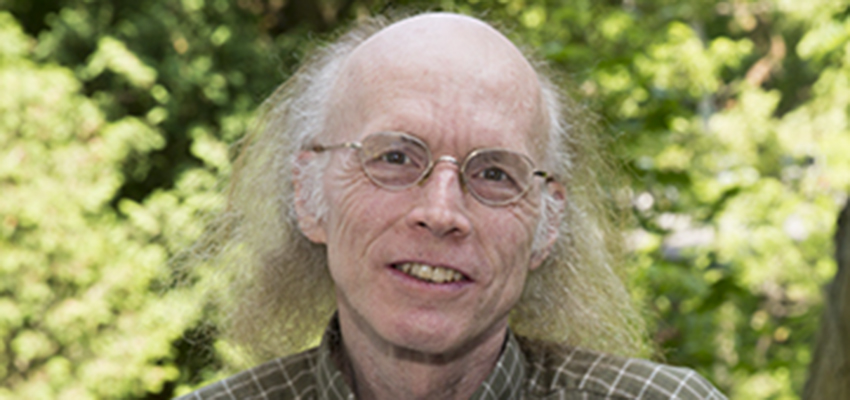
HWS News
29 June 2017 McCorkle Explores Justice through Poetry
Visiting Associate Professor of Africana Studies James McCorkle '76 explores historical and modern systems of oppression in new poetry published in the New England Review and The American Poetry Review this month. In three works, McCorkle addresses humanitarian concerns in the American prison system, assassinations of journalists in Mexico and the role of barbed wire in the division of land and people.
"The use of barbed wire really has come to define our culture and history whether its razor wire on top of fencing for prisons, stretched wire across gazing land or containment for refugee camps," explains McCorkle, who began working on the History of Barbed Wire six years ago. "The work explores how a mundane, everyday thing is manifested in the larger context of predatory acts."
McCorkles latest work "... reflects the urgency of our conditions," he says. His other recent poems, Quetzal and Light You Up, also address the issues he discusses in courses like his First-Year Seminar Interrogating Race, which compares segregation in the U.S. with apartheid in South Africa. "In my courses, I pay witness to violence in our history," McCorkle says. "The poems are witness to the things that swirl around us."
McCorkle is the author of The Subtle Bodies and Evidences, which won the American Poetry Reviews Honickmans First Book Prize. He is also the recipient of the Sarah Lawrence Campbell Corner Poetry Award and fellowships from the Ingram Merrill Foundation and the National Foundation for the Arts. His work has also appeared in Boulevard, Crazyhorse, Conduit, Fence, The Harvard Review, The Kenyon Review ,Ploughshares and Web-Conjunctions.
Joining HWS in 2001, McCorkle earned his M.F.A. and Ph.D. At the University of Iowa.
